Scoular’s goal is for 75 percent of marine products sold to meet ASC and BAP standards by 2025
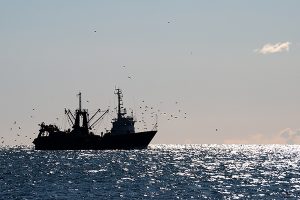
Encompass™, Scoular’s fishmeal brand, is launching a new marine sustainability program that incentivizes fishmeal producers to implement long-term sustainability practices that exceed standard certification requirements and meet growing consumer demand for high-quality ingredients.
According to a press release, the program will create end-to-end traceability and transparency for all of Scoular’s marine ingredients: From catching the fish to processing it into fishmeal and fish oil to transporting it. Customers will also have access to comprehensive data about everything from the fishery’s gear to safe labor conditions.
A unique seven-level classification system will also be implemented, which uses this data to rate fishmeal producers and the supply chain. The company will also introduce fisheries and customers to new products, services, technology and other investments that reduce waste and drive efficiency.
In a press release, the company said the program is among the “most comprehensive” in the seafood industry, and the goal is to “collaborate with each customer to explore, define and customize their sustainability needs.” Ultimately, the company is aiming for 80 percent of Scoular’s producers to be program-compliant by 2023, and by 2025, 75 percent of the marine products sold to meet BAP (Best Aquaculture Practices) and ASC (Aqua Stewardship Council) standards.
“Because of Scoular’s deep expertise and network, we are well-positioned to lead the way for our industry by partnering with others to maintain resilient ecosystems that produce safe and nutritious feed and food ingredients,” said Steve Dahlblom, Scoular’s global marine manager.
Scoular is one of the largest and most diverse fishmeal and fish oil suppliers globally, sourcing from more than 30 countries for its pet food and aquafeed customers. The company also holds Marine Stewardship Council and MarinTrust Chain of Custody certifications to ensure end-to-end traceability. These certifications ensure customers can meet the established ASC and BAP standards required by many retailers worldwide.
Follow the Advocate on Twitter @GSA_Advocate
Now that you've reached the end of the article ...
… please consider supporting GSA’s mission to advance responsible seafood practices through education, advocacy and third-party assurances. The Advocate aims to document the evolution of responsible seafood practices and share the expansive knowledge of our vast network of contributors.
By becoming a Global Seafood Alliance member, you’re ensuring that all of the pre-competitive work we do through member benefits, resources and events can continue. Individual membership costs just $50 a year.
Not a GSA member? Join us.
Author
Tagged With
Related Posts
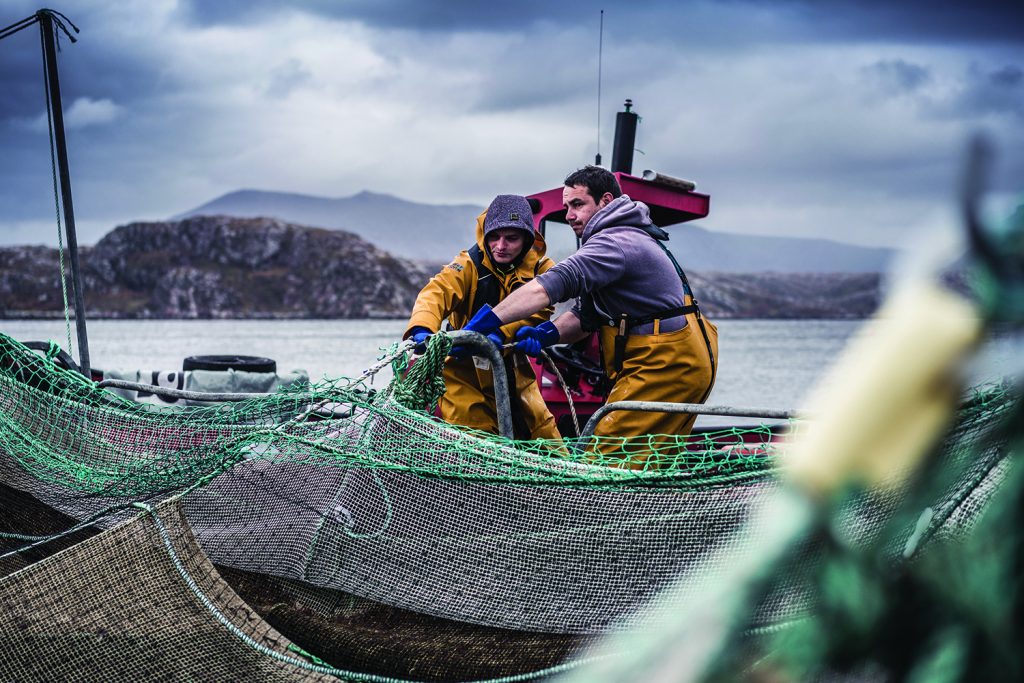
Intelligence
In the fight against seafood fraud, the technology behind trace element fingerprinting is maturing
Analysis of trace chemical elements can reveal where farmed seafood comes from. Standardization of traceability tools and techniques is improving the process.
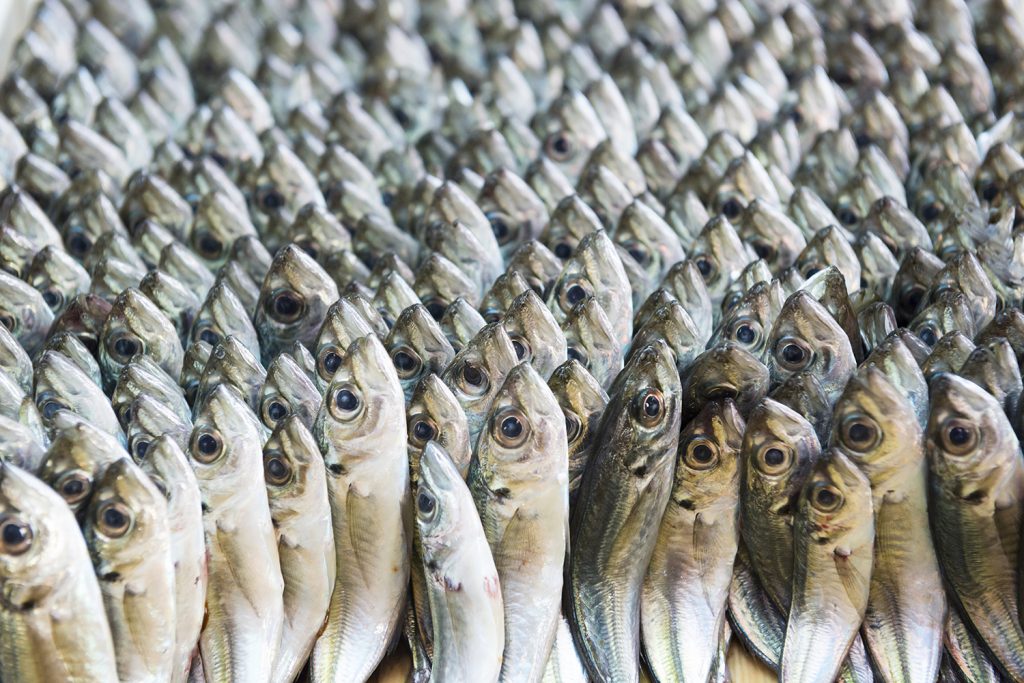
Intelligence
Can handheld DNA testing technology stand up to seafood fraud?
The MasSpec Pen, developed to diagnose tumors, can identify fish species by touching the tip to a sample. But the species database is lacking.
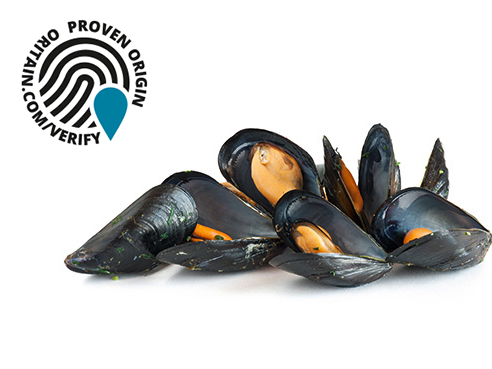
Intelligence
Can a ‘chemical fingerprint’ deter seafood fraud?
Because paper trails aren’t perfect, some food producers are going beyond written or digital records to prove their products’ authenticity and prevent economic fraud. Is farmed seafood a perfect fit for forensic-science traceability?
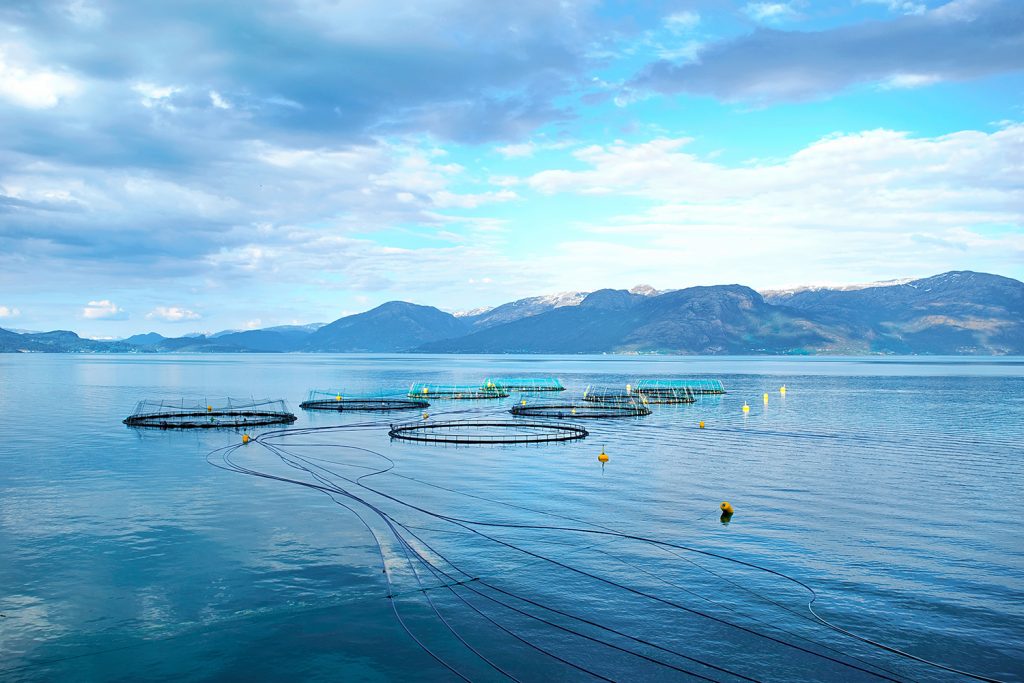
Intelligence
Blockchain expands its aquaculture presence with shrimp and salmon
By tracking products from farm to plate, blockchain helps reduce fraud and improve standing with consumers. But it’s only part of the solution.



